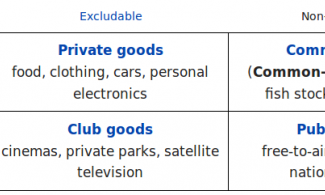
by Josh Davis
Common-pool resource [n]: a type of good consisting of a natural or human-made resource system, whose size or characteristics makes it costly, but not impossible, to exclude potential beneficiaries from obtaining benefits from its use. Examples of common-pool resources include irrigation systems, fishing grounds, pastures and forests.
Here's what I learned about common-pool resources during the course of my economics education at the University of Montana (BA, '04): unless these resources are privatized or owned by the state, they are doomed to over-use and eventual depletion in what is known as the “tragedy of the commons.” The discussion in my courses about managing common-pool resources moved between these two poles—with the more conservative arguing for privatization and the more liberal encouraging state ownership and regulation.
 What no one ever mentioned, however—not even the lone Marxian in our department—was the possibility of collective ownership of common-pool resources. This seems like a tremendous oversight in retrospect, especially after Professor Elinor Ostrom was awarded the “Nobel Prize in Economics”1 in 2009 for her decades of research on just such arrangements.
What no one ever mentioned, however—not even the lone Marxian in our department—was the possibility of collective ownership of common-pool resources. This seems like a tremendous oversight in retrospect, especially after Professor Elinor Ostrom was awarded the “Nobel Prize in Economics”1 in 2009 for her decades of research on just such arrangements.
A tremendous oversight, but an all-too-common one. Many people, even those without formal economics education, have heard of the “tragedy of the commons,” while many students and teachers of economics still have little if any awareness of common-ownership solutions. The conventional wisdom within mainstream economics still holds that privatization and state-ownership are the preferred policy options for managing common-pool resources.
This is a situation that needs to change. That's why I'm proposing that we in the commons movement declare August 7th National Commons Day. Why August 7th? Because that was Elinor Ostrom's birthday (Elinor passed-on in June of 2012). Besides being a Nobel Prize winner, Elinor was also a wonderful, witty expositor of the benefits of collective ownership and control of common resources.
Mainstream economics has proven itself largely unequal to the task of providing useful guides to action in the real world. The twin solutions of privatization and state-ownership have not only failed to stop the over-utilization of common-pool resources, they have also led to public discontent, as local users feel beset by the decisions of unaccountable officials in far-off locales or, conversely, by the enclosing of once-public spaces and resources as they are placed into private hands.
The good news is that there are already time-tested, sustainable alternatives to the usual recommendations of the economists—the bad news is that these alternatives are rarely if ever discussed, either in policy-making circles or in everyday discussions among citizens about managing the common-pool resources that effect their personal lives. By creating a National Commons Day, we will be providing commoners, cooperators, and solidarity economy activists of all stripes with a national platform for presenting our message and our alternatives to a larger audience.
A further benefit will be a recognition of the many forms of collective and common-ownership that exist all around us, but that we rarely view as being parts of one whole— land trusts, credit unions, co-ops, open-source software and creative commons licensing are just a few of the institutions and practices that we could not only celebrate, but bring together with the creation of a National Commons Day.
Many different people and groups are working diligently to create and maintain various sorts of common resources. Much of the time, though, these people and groups operate in isolation from one another. The interconnection made possible by the internet has begun the process of connecting those of us who are working towards a common end through disparate means—a National Commons Day has the potential to greatly accelerate and deepen that process.
1 Technically, The Sveriges Riksbank Prize in Economic Sciences in Memory of Alfred Nobel.

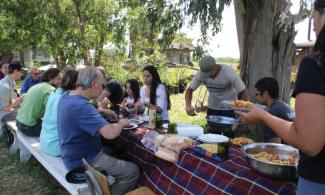
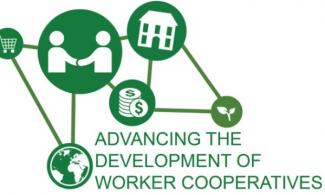
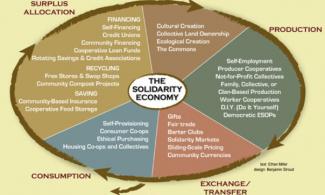
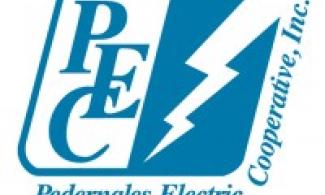
Add new comment